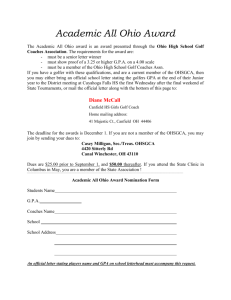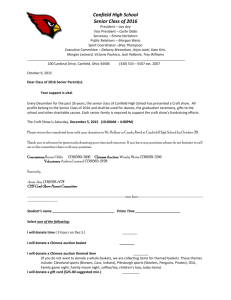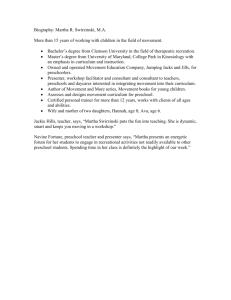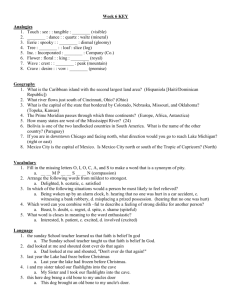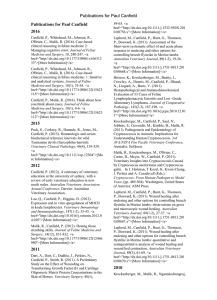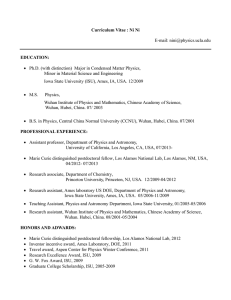“The ravages, the desolation, the misery, the horrors of war forced us
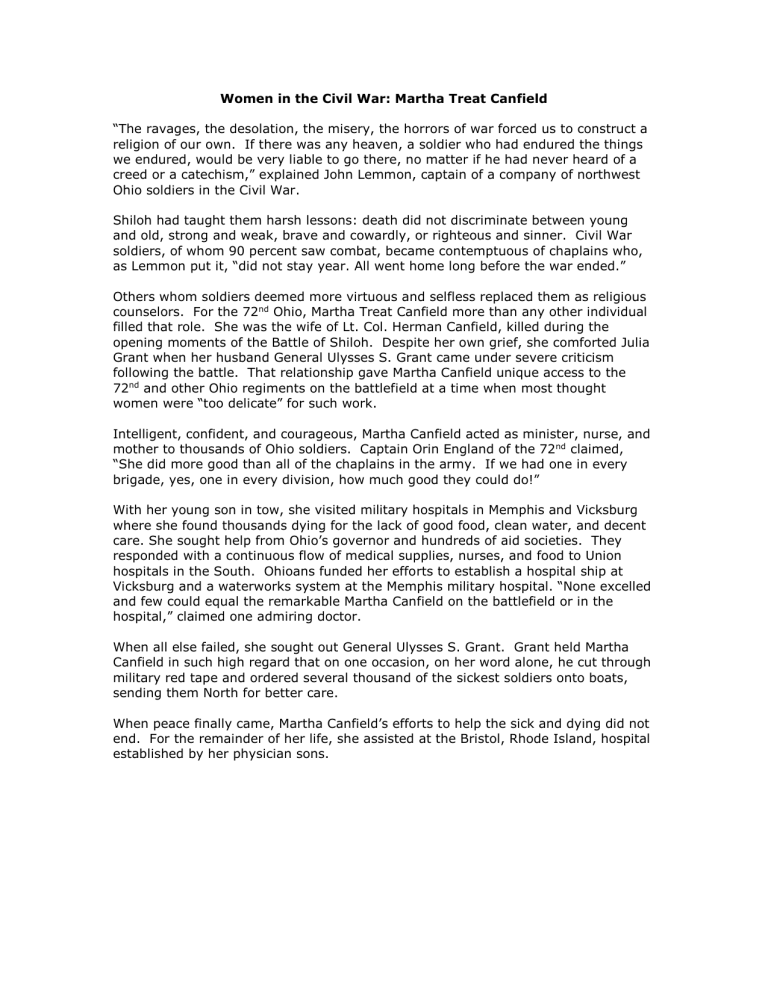
Women in the Civil War: Martha Treat Canfield
“The ravages, the desolation, the misery, the horrors of war forced us to construct a religion of our own. If there was any heaven, a soldier who had endured the things we endured, would be very liable to go there, no matter if he had never heard of a creed or a catechism,” explained John Lemmon, captain of a company of northwest
Ohio soldiers in the Civil War.
Shiloh had taught them harsh lessons: death did not discriminate between young and old, strong and weak, brave and cowardly, or righteous and sinner. Civil War soldiers, of whom 90 percent saw combat, became contemptuous of chaplains who, as Lemmon put it, “did not stay year. All went home long before the war ended.”
Others whom soldiers deemed more virtuous and selfless replaced them as religious counselors. For the 72 nd Ohio, Martha Treat Canfield more than any other individual filled that role. She was the wife of Lt. Col. Herman Canfield, killed during the opening moments of the Battle of Shiloh. Despite her own grief, she comforted Julia
Grant when her husband General Ulysses S. Grant came under severe criticism following the battle. That relationship gave Martha Canfield unique access to the
72 nd and other Ohio regiments on the battlefield at a time when most thought women were “too delicate” for such work.
Intelligent, confident, and courageous, Martha Canfield acted as minister, nurse, and mother to thousands of Ohio soldiers. Captain Orin England of the 72 nd claimed,
“She did more good than all of the chaplains in the army. If we had one in every brigade, yes, one in every division, how much good they could do!”
With her young son in tow, she visited military hospitals in Memphis and Vicksburg where she found thousands dying for the lack of good food, clean water, and decent care. She sought help from Ohio’s governor and hundreds of aid societies. They responded with a continuous flow of medical supplies, nurses, and food to Union hospitals in the South. Ohioans funded her efforts to establish a hospital ship at
Vicksburg and a waterworks system at the Memphis military hospital. “None excelled and few could equal the remarkable Martha Canfield on the battlefield or in the hospital,” claimed one admiring doctor.
When all else failed, she sought out General Ulysses S. Grant. Grant held Martha
Canfield in such high regard that on one occasion, on her word alone, he cut through military red tape and ordered several thousand of the sickest soldiers onto boats, sending them North for better care.
When peace finally came, Martha Canfield’s efforts to help the sick and dying did not end. For the remainder of her life, she assisted at the Bristol, Rhode Island, hospital established by her physician sons.
